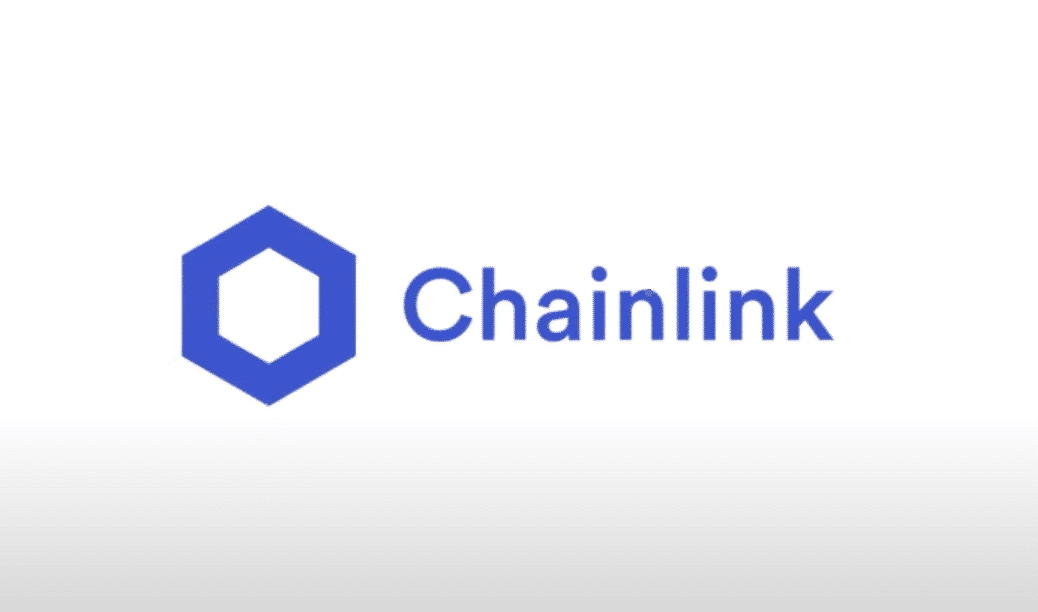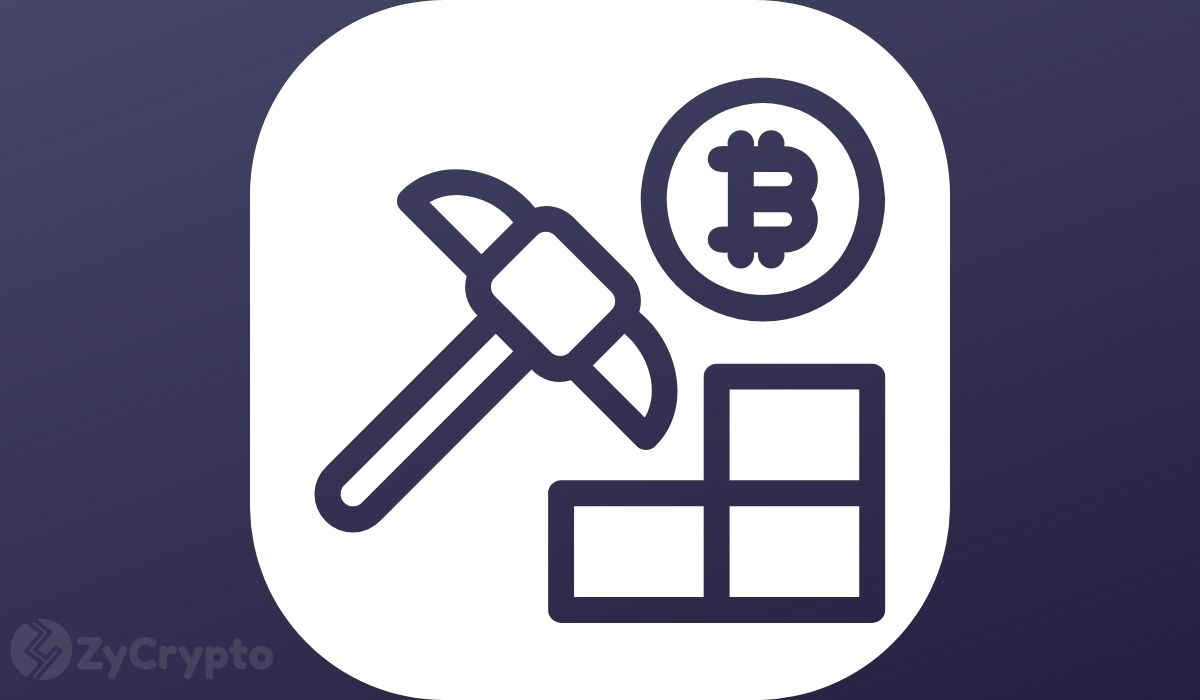ARTICLE AD BOX

- Chainlink’s NVT ratio declined, suggesting strong user adoption, as its price rallied in October.
- Other metrics, including transaction volumes and active addresses, indicate growing network activity.
Chainlink’s (LINK) recent pricing increase has created quite a stir. But a closer look at the on-chain analytics tells a fascinating tale. Since September, Chainlink’s Network Value to Transactions Ratio (NVT) has decreased, demonstrating a high user adoption rate.
The NVT ratio, or Network Value to Transactions ratio, is useful for evaluating a cryptocurrency’s prospective worth and overall health. The NVT ratio, determined by dividing a token’s market capitalization by the volume of on-chain transactions, provides information about user adoption, network activity, and possible valuation.
Since September, Chainlink’s NVT ratio has been trending downward, indicating robust user adoption. When the NVT ratio declines, it indicates more demand and usefulness for the token and that Chainlink’s market capitalization is expanding more quickly than the volume of on-chain transactions. This downward trend persisted until November 12th.
Rising LINK Prices and Adoption
During the same period when the NVT ratio was declining, Chainlink experienced a swift rally in its price. As of the writing of this article, LINK was trading between $13.3 and $16.6. The relationship between declining NVT and increasing prices highlights the possible undervaluation of the LINK token.
To obtain a more thorough insight, analysts have looked at other on-chain indicators. While development activity gradually declined in December, according to Santiment, it’s crucial to remember that this decline occurred during the holiday season. In the meantime, social volume increased quickly until the middle of December before declining over the last two weeks.
There were notable upsurges in transaction volume and notably elevated lows compared to the end of September. Active addresses exhibited similar trends, increasing from September to mid-November before reaching a peak in early December. These indicators indicate an increase in user uptake and network activity.
MVRV Ratio: A Contrasting Perspective
Interestingly, the MVRV (Market Value to Realized Value) ratio presented a different narrative than the NVT ratio, indicating that Chainlink may have been undervalued during its downturn. In early November, as prices were climbing and the NVT ratio was declining, the MVRV ratio surged higher, implying that the asset might have been overpriced at that time.
But as LINK kept integrating, the MVRV gradually decreased to zero. This change could be positive for the token’s performance in the upcoming months since it indicates that it may have attained a more fair pricing.
Price Chart and Future Prospects
Examining Chainlink’s price chart reveals a range that has developed between $13.3 and $16.6, with $15 playing a pivotal role as a mid-range level of support and resistance. There is currently considerable momentum indicated by the 12-hour Relative Strength Index (RSI), which is 53.
In the near future, LINK will ascend towards the upper boundary of the range at $16.6.Since it hasn’t broken above a crucial local high, the On-Balance-Volume (OBV) is an important indication to keep an eye on. When this happens, it might indicate that buyers are taking charge again, triggering a breakout above $16.6.
.png)
 1 year ago
20
1 year ago
20








 English (US)
English (US)